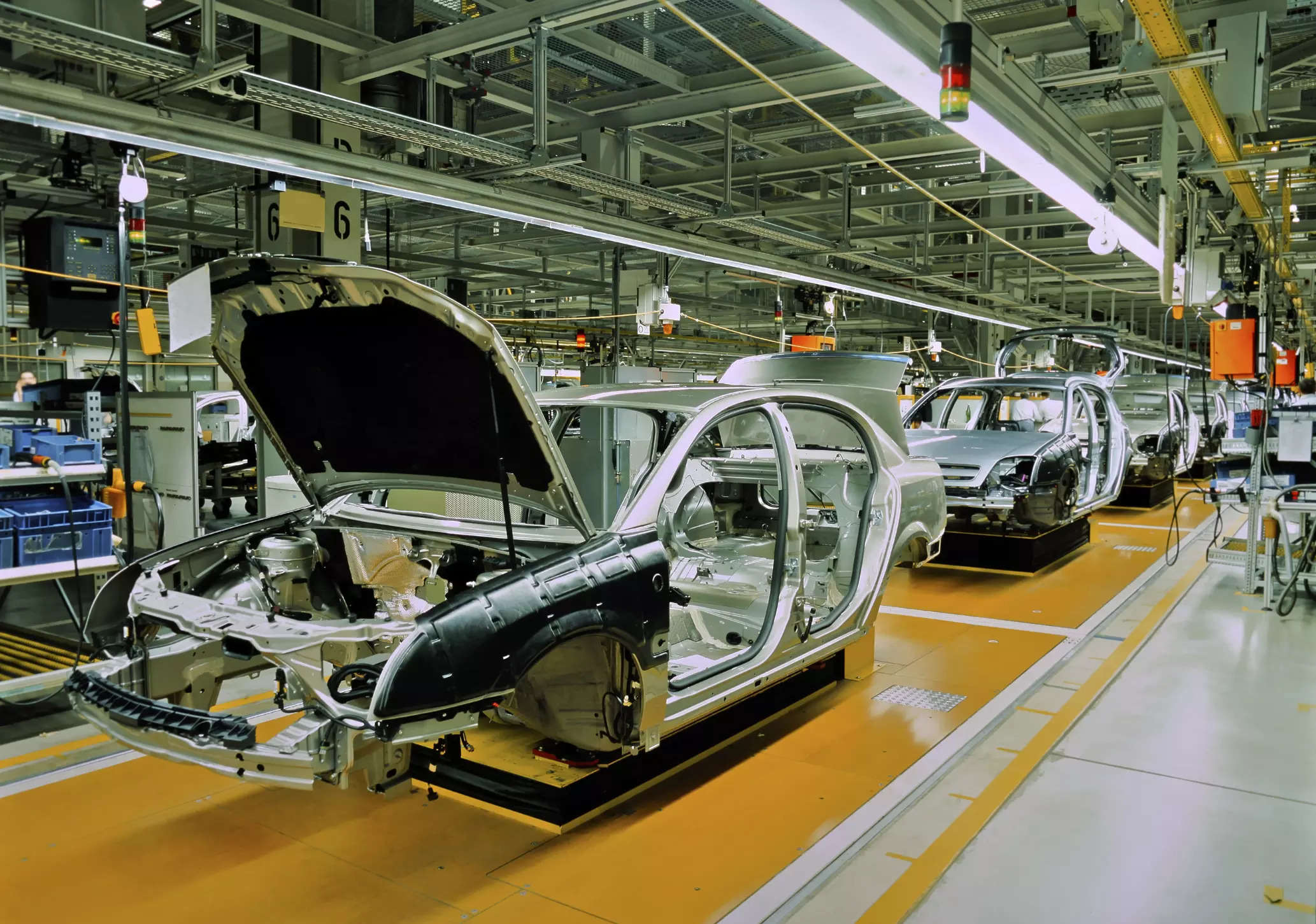
New Delhi:
The national count of 58,000 Covid cases on Tuesday, 56% more than the previous day, was also the country’s highest single-day surge. After restrictions in Maharashtra and Delhi, the leading states in terms of Covid cases, including the Omicron variant, the Tamil Nadu Government today announced night curfew and a full lockdown on Sunday, January 9.The Omicron Covid variant fuelled fresh wave, also referred to by some as the third wave, is on the rise and could also lead to another disruption in the automotive industry, if the scale increases. No impact on production so far but policies are being put in place ‘to take care of any future impact’.
“The disruption in the supply chain is an on-going issue and while we are managing the situation as best as we can, it can get impacted if the cases continue to rise,” Veejay Nakra, CEO – automotive division, Mahindra & Mahindra, said.
Over the past few days, the more transmissible but less dangerous Omicron Covid variant has led a steep rise in positive cases. The rising trend, and announcement of additional restrictions in Delhi and Mumbai may have affected sentiments of some consumers.
“The news from Mumbai and Delhi already started to waver in the mindspace because for the past 3-4 days the walk-ins at the showrooms have gone down,” Vinkesh Gulati, president, Federation of Automobile Dealers Association (FADA), said. He added that the digital touch has come back with the customers who prefer to stay away from the showroom, but it may not help two-wheeler and car dealers equally. “This is okay for the car segment where the customer is more digital savvy. In the two-wheeler segment it was a problem before, and it is a problem today also,” Gulati, who is also a dealer principal both for a two-wheeler and a passenger vehicle manufacturer, said.
A disruption in business is the last thing industry players would want, especially when they are already struggling with the ongoing semiconductor crisis which is leading to longer waiting periods for customers.
Shashank Srivastava, senior ED – marketing and sales, Maruti Suzuki, is hopeful that in case the third wave brings a third disruption in as many years, the bounce back could also be faster than earlier, given that there has been good amount of learnings in terms of strategies to regain business continuity.
Post the first wave-led disruption, it took Maruti Suzuki around 90 days to return to its daily production cycle of around 6,000 cars a day. After the second disruption, it took the company 18 days to return to the same production level. There’s no supply chain disruption yet but the consumer sentiment may be dampened in some parts, leading to delays in purchase decisions. Hopefully the bounceback will be good if there’s a disruption. Possible that there could be a disruption depending on the consumer mindset,” Srivastava said.
WIth a ‘prevention is better than cure’ approach, industry players are strengthening efforts in terms of communication and strict adherence to Covid protocols in their offices, dealerships, and manufacturing plants. A Tata AutoComp Systems spokesperson said, “Omicron has been mild so far, but we are keeping a close eye on the developments.” The Tier1 supplier has 51 plants, 8 of which are located outside India. No disruption in manufacturing activities so far, but there’s no guarantee that there will not be any discontinuity, now that there’s another Covid variant, IHU, discovered in France on Tuesday. ‘IHU’ is reportedly more infectious than Omicron.
Companies are assessing the situation to take new measures if required. To tackle any short-term disruption in production, some industry players are looking at keeping higher than usual inventory levels. “We received an enquiry from an OEM yesterday if we can ramp up the supply,” an official of a European supplier’s India unit told ETAuto.
For some time now global Tier1 major Visteon’s India unit has been trying to churn out more and sustain a higher than earlier inventory level to insulate itself from minor shocks and ensure business continuity. However, it’s not coming easy unlike a dynamic demand schedule earlier, OEM customers now want to maintain a buffer stock. “Now, everyone’s pushing the envelope and saying how much can you sign up for,” Aashish Bhatia, president, Visteon India, said. Visteon has one plant and four technical centres in India.
Even apart from Covid, the business environment is becoming unpredictable as factors like natural calamities and geopolitical issues could throw a spanner in the works. Being prepared for multiple scenarios could help tackle challenges better. “I won’t be able to predict what can happen but however we have to build scenarios for these things. And given the fact that we went through two waves, and now with chip shortage, logistics challenges etc, I think as an industry we continuously build these scenarios into our business plans. Companies are doing that actively so that they are not caught off guard because anything is possible,” Sunjay Kapur, president, ACMA and chairman, Sona Comstar, said after announcing the component industry’s H1 performance on December 21.
There is an increasing trend in the number of Covid cases in India and overseas, but it’s not severe enough yet to disrupt the supply chain. The peak is expected to be reached still, so there’s little more that can be done than being prepared for any scenario. And of course, following all Covid protocols strictly.
Also Read:















